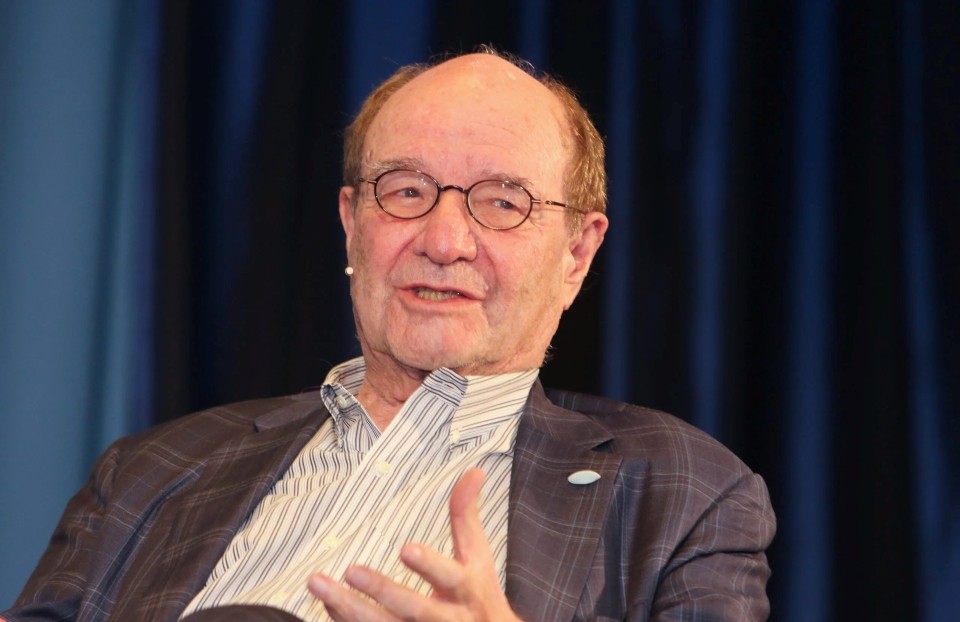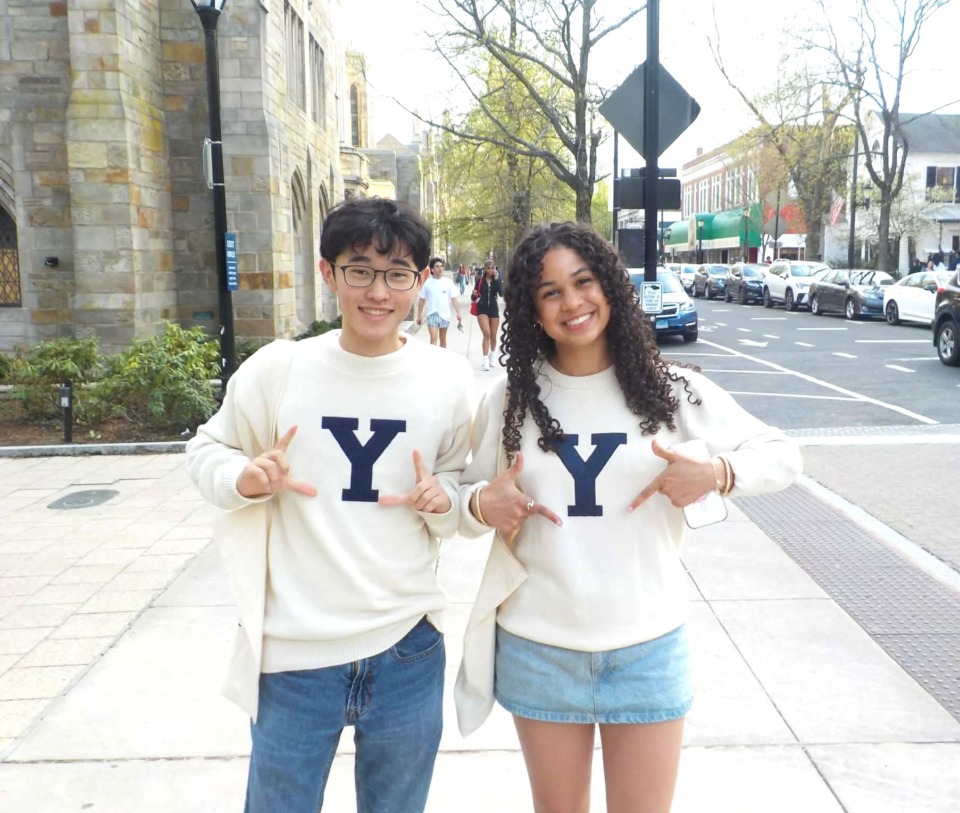How four Thermo Fisher JIC 2024 winners pursued summers of STEM
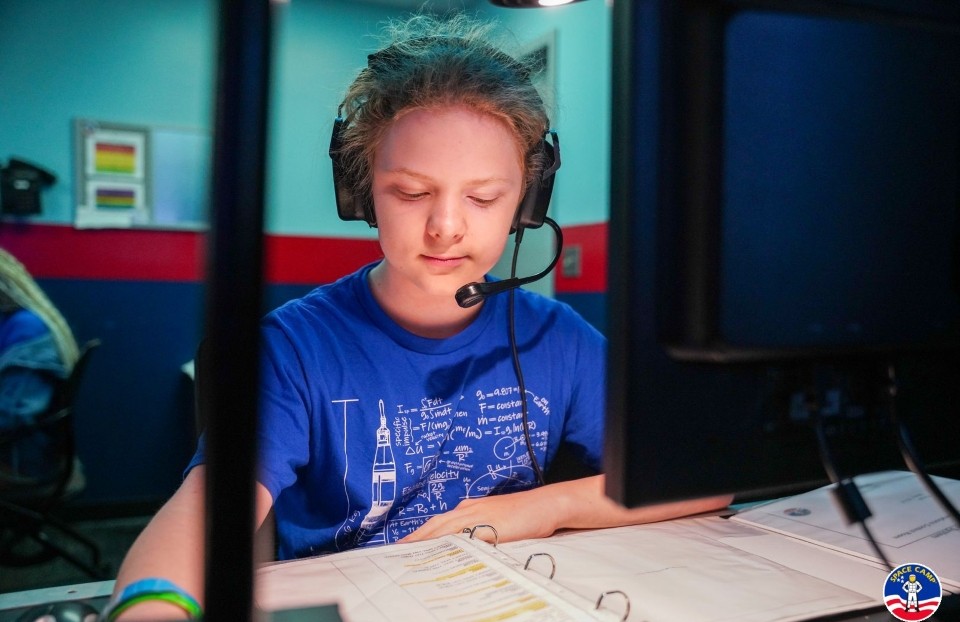
While many students look to summer as a break from academics, finalists in the Thermo Fisher Scientific Junior Innovators Challenge (Thermo Fisher JIC) often view it as a chance to expand their horizons. From hands-on research in genetics to international fieldwork in Zambia, these young scientists used their summer months to pursue their passions, build new skills and connect with STEM communities across the globe.
Each year, the first and second-place award winners in each of the four Thermo Fisher JIC categories receive funds to attend the STEM summer program of their choice, with first place winners awarded $3,500 and second-place winners receiving $2,500 to support their camp experiences in the U.S. All STEM award winners also get an iPad. Read on to see how four of last year’s finalists used their awards to make the most of their summer of STEM.
Sophia Hou of Livingston, New Jersey won the second-place award in the engineering category for her project studying how an activated form of vitamin B12 can alleviate plant stress at high temperatures. Sophia pursued her passion for biology this summer at the University of California, Santa Barbara’s Summer Research Academies (UCSB SRA), where she studied the genetics of aging.
Her program combined lectures, lab work and group discussions and Sophia and her peers spent hours analyzing data, writing papers and preparing presentations. Sophia was in a research track that focused on the genetics behind aging. “In the mornings, we attended lectures to better understand the field. In the afternoons, we had either a lab section, during which we worked on analyzing data, or a discussion section, during which we worked on the presentation of our research.” She adds, “My experience at Thermo Fisher JIC inspired me to continue pursuing what I love: science research. UCSB SRA allowed me to continue research in biology with a similar community. My favorite part of the experience was the learning. I learned so much about my research topic and I’m excited to keep exploring.”
Inspired by her Thermo Fisher JIC experience, Sophia valued the opportunity to join a like-minded community. “I love conducting science research because it draws you in, and there are always more questions to ask!”

Mikah Elizabeth Kaalund of Greenwich, Connecticut earned the first-place science award for her project quantifying how dehumidifying air can help reduce indoor air pollution. This summer, Mikah joined Brown University’s Pre-College STEM program for rising 9th and 10th graders. Partly inspired by her experience at her Thermo Fisher JIC challenge at the Smithsonian Environmental Research Center, Mikah enrolled in a course called, “The Real Animal Kingdom: A Hands-on Survey of Invertebrate Biodiversity.”
Her days blended lectures, labs and fieldwork. In class, she observed specimens under microscopes and learned about the ecological importance of marine invertebrates. Mikah’s research project focused on ctenophores, commonly known as comb jellies, and she found that water temperature and visibility affect their refraction—findings that suggest possible ecological impacts tied to climate change.
“My favorite part of the experience was the variety of activities,” Mikah said. “I also loved getting to know people from all over the world. I learned so much about different cultures and made so many new friends.”
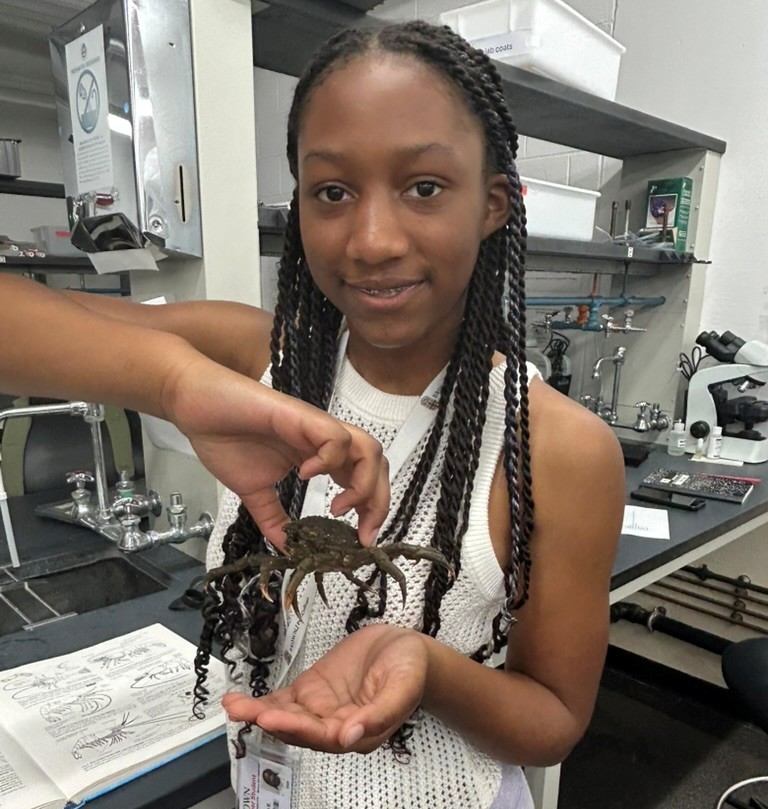
Leif Speer of Terre Haute, Indiana earned the first-place award in the mathematics category for his project analyzing tree rings to model historical climate change in South America. Leif used his award to travel across the globe, as he attended the African Dendrochronological Fieldschool (AFD) and attended the World Dendrochronological Conference in Livingstone, Zambia.
At AFD, Leif worked alongside local researchers to collect and analyze tree core samples. Using increment bores, sanding techniques and software tools like CooRecorder and R, he studied tree-ring data to reconstruct precipitation patterns. He later presented these findings to scientists and representatives from Zambia’s forest service.
At the World Dendrochronological Conference, Leif learned from leading researchers around the world. He also presented his Thermo Fisher JIC project, which was recognized as one of the top five posters at the conference.
“I would encourage anyone who is considering doing science fair, or entering Thermo Fisher JIC to do so,” said Leif. “I was able to travel across the globe, interact with some of the field’s top scientists and grow my knowledge and experience. It was truly amazing, and something that I could not have done without Thermo Fisher JIC.”
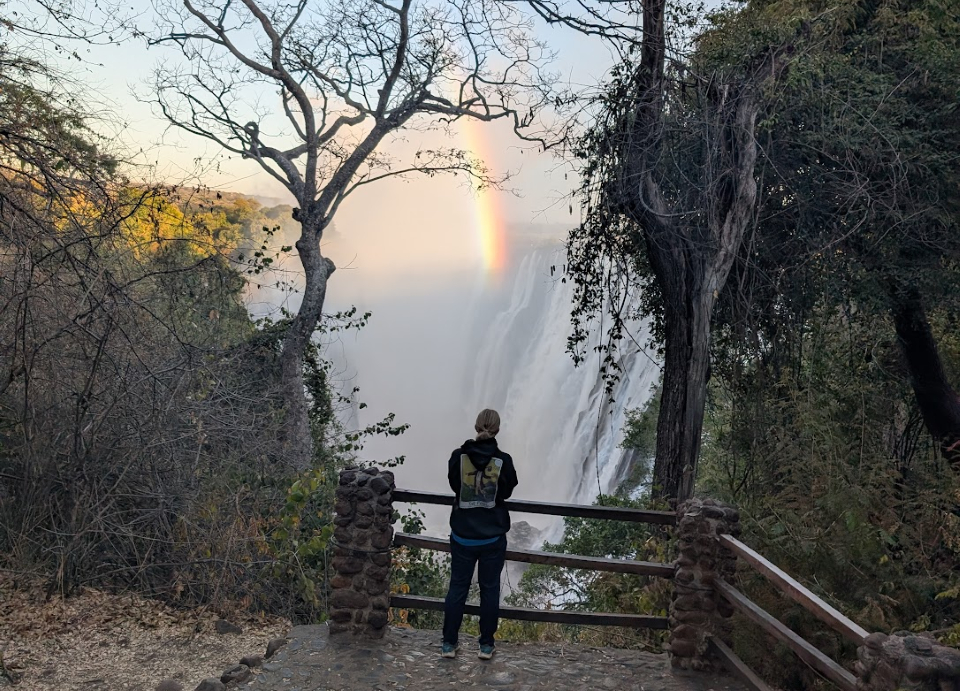
Ezekiel Wheeler of Portland, Oregon earned the second-place award in the mathematics category for his project: an affordable and portable device that can track satellites, including the International Space Station. Zeke spent part of his summer at Space Academy in Huntsville, Alabama, where his days were filled with training and attempting missions, just like professional astronauts.
On one mission, his team’s objective was to launch a rocket into orbit to land on the moon. As the Flight Director in Mission Control, Zeke ensured the team executed their schedule and timing with perfect precision. He also enjoyed presentations on topics like rocket boosters and even heard from a real-life astronaut, Larry DeLucas.
“My Thermo Fisher JIC project involved space communication, so I was excited to attend Space Academy,” Zeke said. “I am so grateful to have had this unique opportunity.”
Meet the Top 300 Junior Innovators and stay tuned for the Top 30 announcement on September 17!
